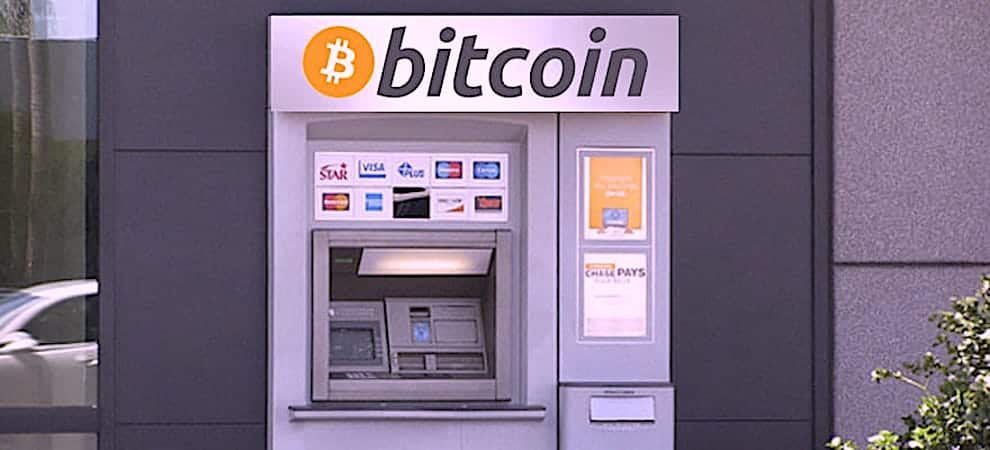
The numbers of legal cryptocurrency exchanges are increasing in the Philippines. There are nearly 10 legally approved cryptocurrency exchanges in the Philippines. Japan is another country with growing numbers of cryptocurrencies, and the Philippines is currently catching up with them.
The Central Bank of Philippines has approved 10 cryptocurrency exchanges so far. Apart from this, the Cagayan Economic Zone Authority has licensed 24 crypto exchanges so far.
The top financial regulator of Japan recently registered two new cryptocurrency exchanges. They are thus improving the numbers of the approved cryptocurrency exchanges in the country to 19. More than 140 companies have expressed their interest in launching crypto exchanges in Japan.
The Union Bank of the Philippines (UBP) installed a Bitcoin ATM in their main branch. The bank ATM was announced to be operational in the past month. The ATM is located in Ark Makati, and it is stated that the ATM will be accessible only during the Ark Branch hours.
The bank representative stated, “When they sell their bitcoin, users will be able to withdraw the money they made in the transaction from the ATM directly. You have to be a UBP account holder and have a crypto wallet (like Coinsph), users who do not have a UBP account can open one in the Ark where the ATM is located.”
The crypto exchanges also have the facility to apply for offshore licenses from the government-owned Cagayan Economic Zone Authority (Ceza). The CEZA has approved several crypto exchanges independently.
Raul Lambino, the CEO of CEZA when talking about the numbers of licenses they have issued so far stated that, “24 principal licenses and six regular licenses for cryptocurrency exchanges have been issued as well as four licenses for 15 companies involved in financial technology solutions.”
There are several restrictions applicable when it comes to obtaining the BSP license. The CEZA issues the Financial Technology Solutions and Offshore Virtual Currency (Ftsovc) license. The license from CEZA permits the exchanges to “run the business in the Philippines but must only service users from outside the country.” A recent publication stated, “This license allows the company to do crypto-to-crypto transactions but does not allow the company to facilitate crypto-to-fiat transactions as that is a separate license from the Bangko Sentral ng Pilipinas.”
With the progress of time and mass adoption of cryptocurrencies, only a dozen cryptocurrency exchanges would be required overall. Regulatory authorities from across the world are working on building the framework of regulations for cryptocurrencies operating in their respective nations.
Several scandals in the different cryptocurrency exchanges have triggered the regulators of different countries in improving the regulatory framework of exchanges.
Get the latest Crypto & Blockchain News in your inbox.